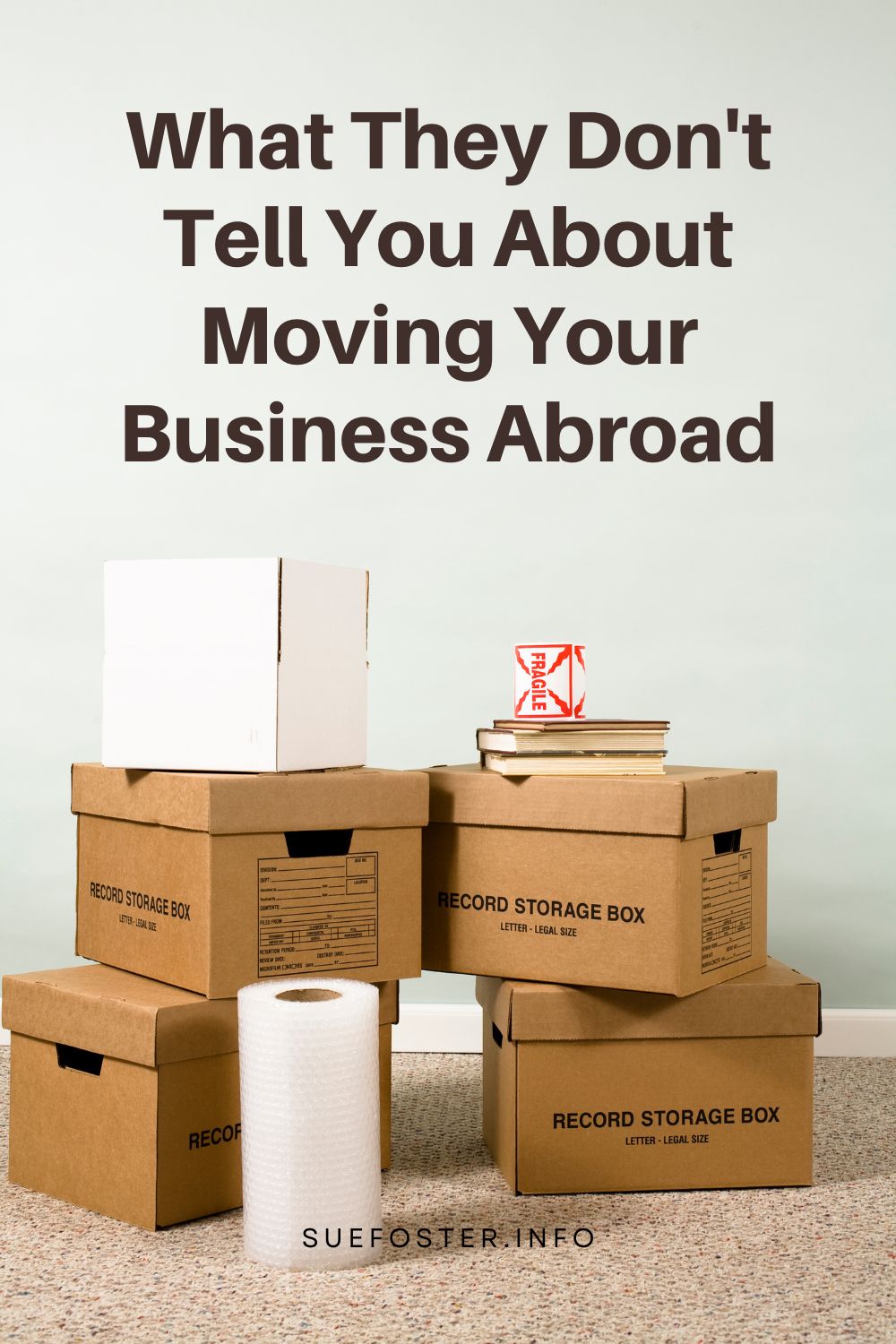Of all the company pivots you could make, the least common is that of moving your operation overseas completely. However, this does happen, and for pretty understandable reasoning. You may find a better target market abroad, you may hope to move your personal life there, or maybe you wish to make use of better tax rates.
In some cases, you may just wish to operate where the action is, such as how many tech firms make the move out to Silicon Valley to be part of the dynamic talent pool there, close to venture capitalists and upcoming tech gurus.

That said, it’s not as easy as picking up your belongings and moving overseas, even if you will have to do that too. Moreover, not every move looks the same, given all the variables involved. In this mini-guide, we’ll aim to provide a simple guide to moving your business abroad, hopefully giving you the means and motivation to get started in a new space.
It’s More Than A Language Barrier
It’s much more than a language barrier you have to work with, but is a set of cultural expectations and considerations, as well as regulatory norms that may present your product in a new light.
For instance, Dasani water didn’t sell in Britain, for the fact that tap water had to be clearly listed as what it was and that put the public off, that the source and production controversy was too great to overcome, and also that the bottle design didn’t “hit” with consumers. You can find a good video on it here, showcasing how cultural affinities are deeper than language.
Hiring May Not Be So Simple
It’s essential to consider employment law abroad and how it might change depending on where you are. For instance, in Europe, employment law tends to be much stronger than in the USA, especially related to the annual leave every employee is entitled to as a stock-standard part of their contract, pension contributions, and more.
It may also be that severance pay and other contract protections are there to help you avoid hiring and firing at will. On top of that, compliance with local tax laws based on your employment effort may change, so it’s important to use a consultant to get up to speed with this so you won’t fall afoul of the law.
You Need To Plan Out Your Supply Chain
Supply chains can move differently in new countries. This is especially true if you want to keep your products similar to how they were before, perhaps importing supplies from overseas to keep your operational potential moving in the right way.
Moreover, working with wholesalers, logistics, and integrative outsourced solutions can help you solidify that foundational chain necessary for proper development. It’s good to learn the basics of that area’s supply chain before you move, such as where the local retailers are, what laws or compliance measures may be in place, and what competitors in that space do for industrial sourcing. Don’t forget you need to bring your inventory and assets across too, as specialist machinery movers will help you achieve.
With this advice, you’re sure to move your business abroad in the best way. By engaging the right resources, and understanding the cultural, legal, and logistical nuances, your business can successfully navigate this intricate process and achieve a profitable presence in your chosen destination.


